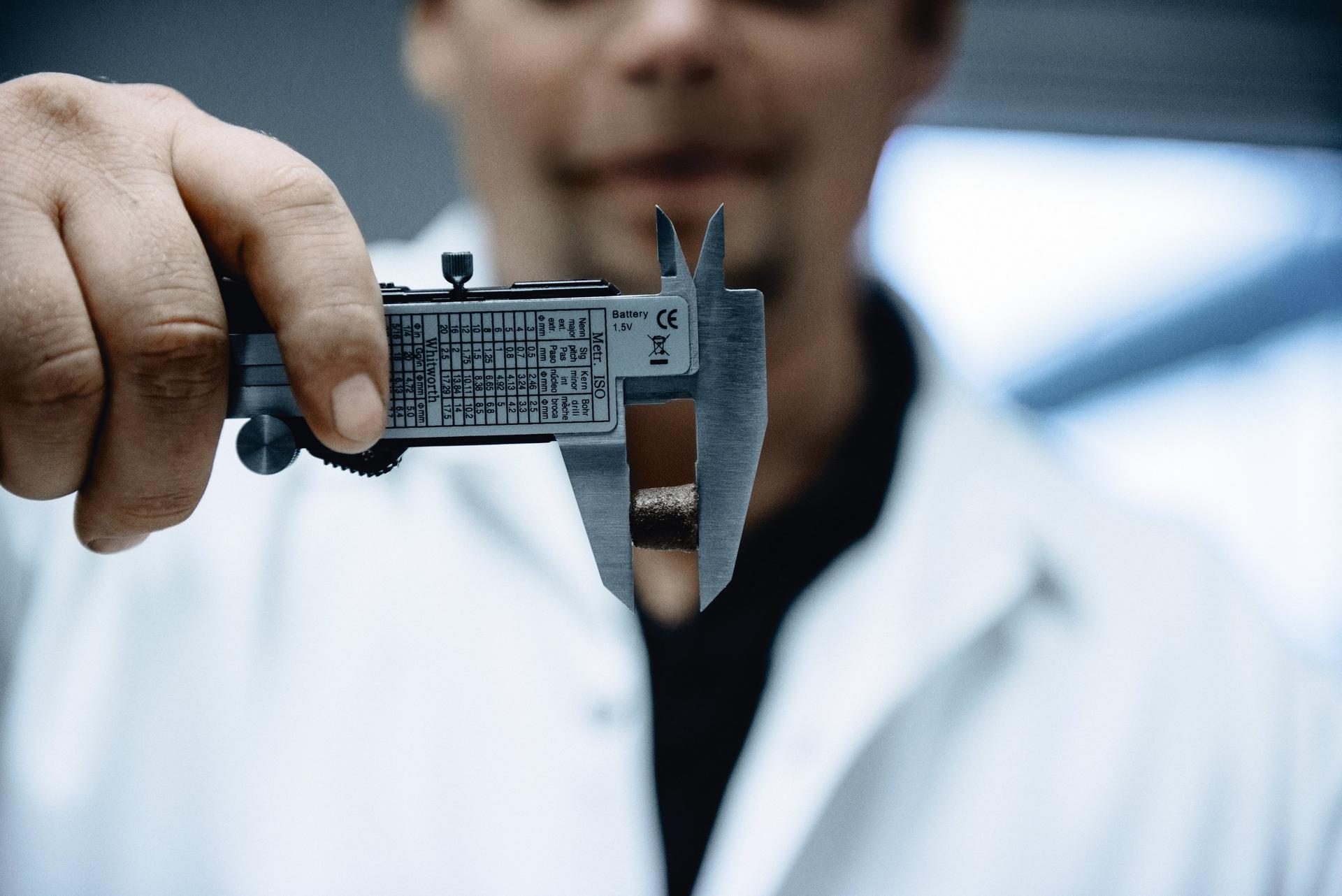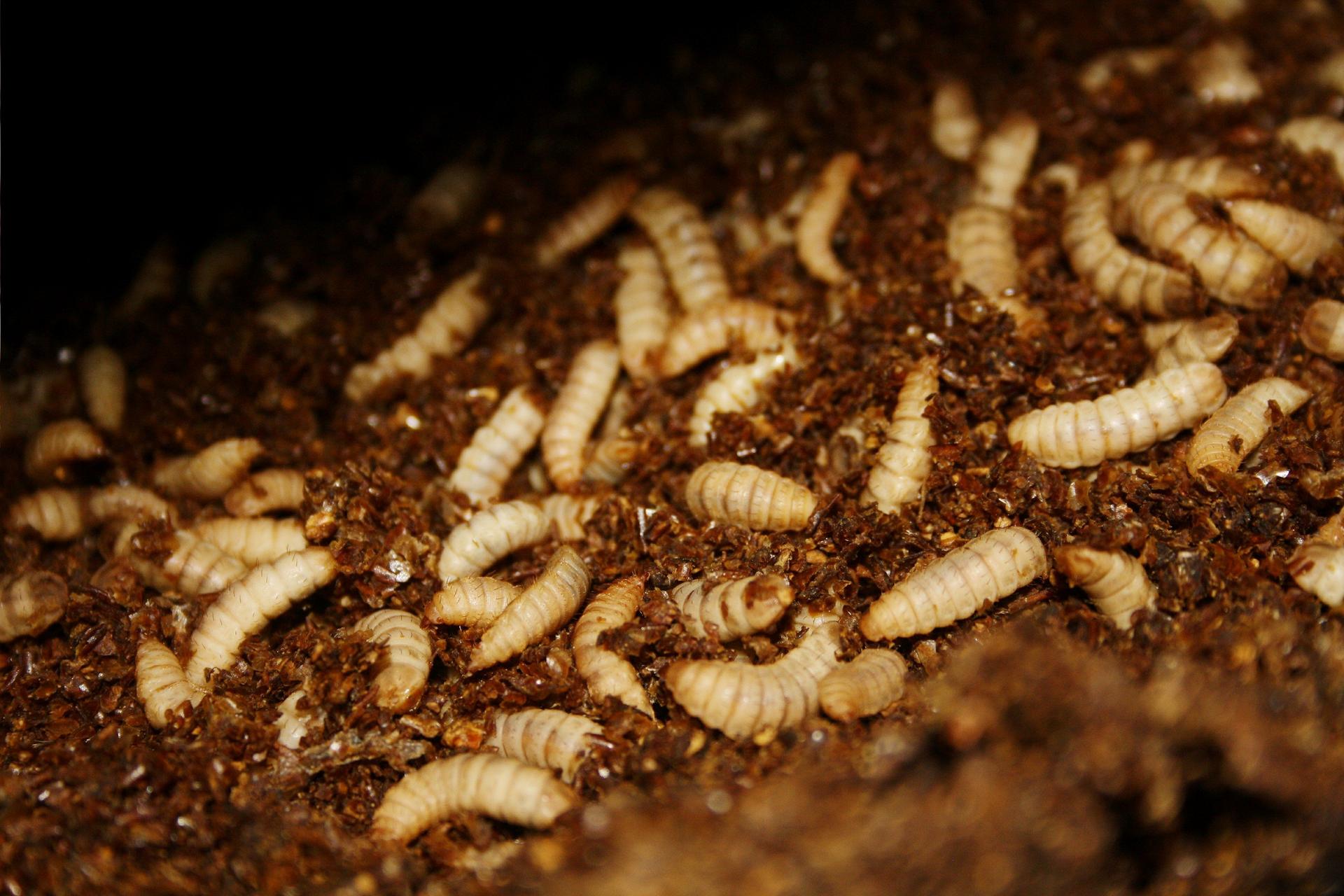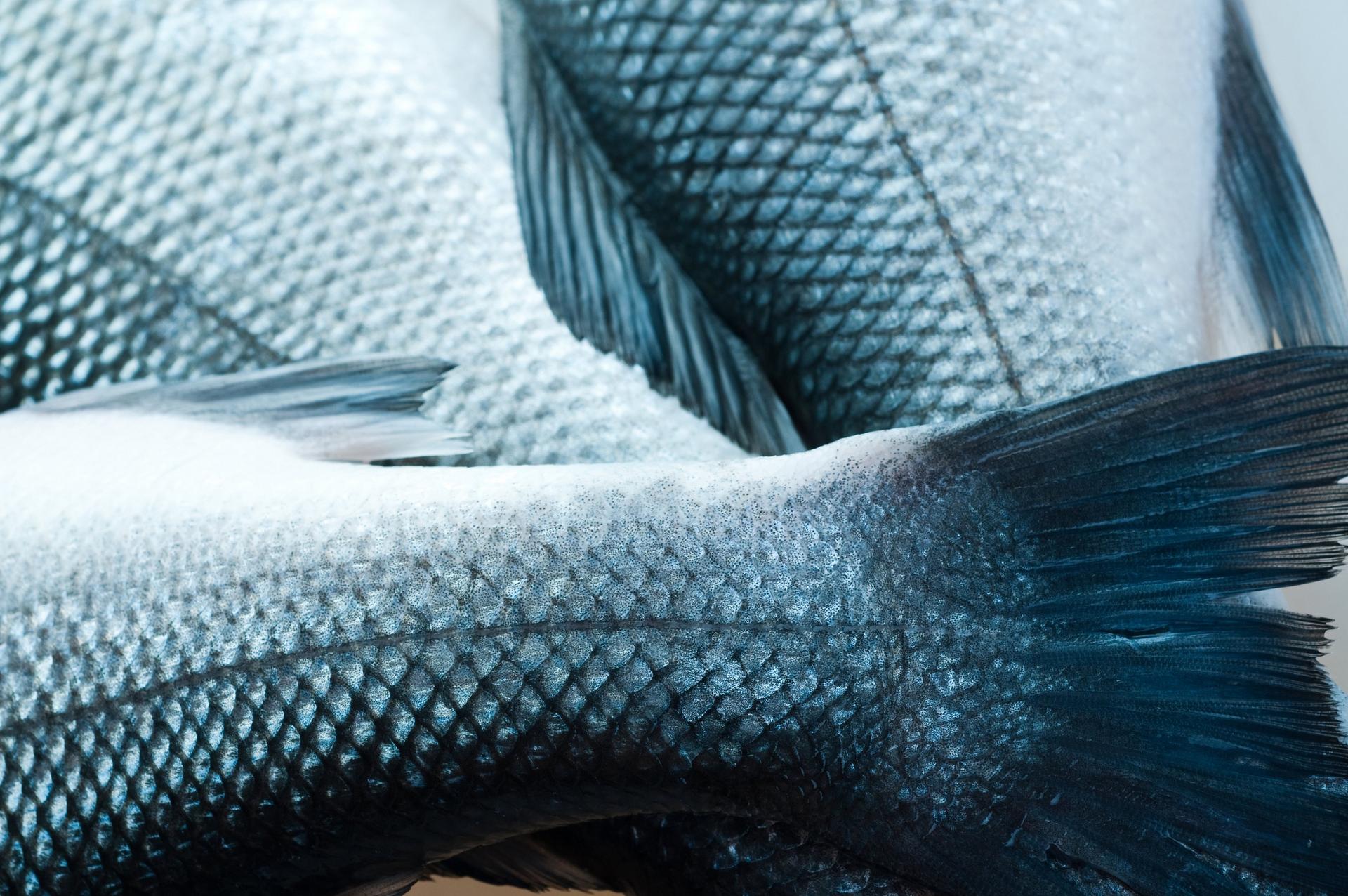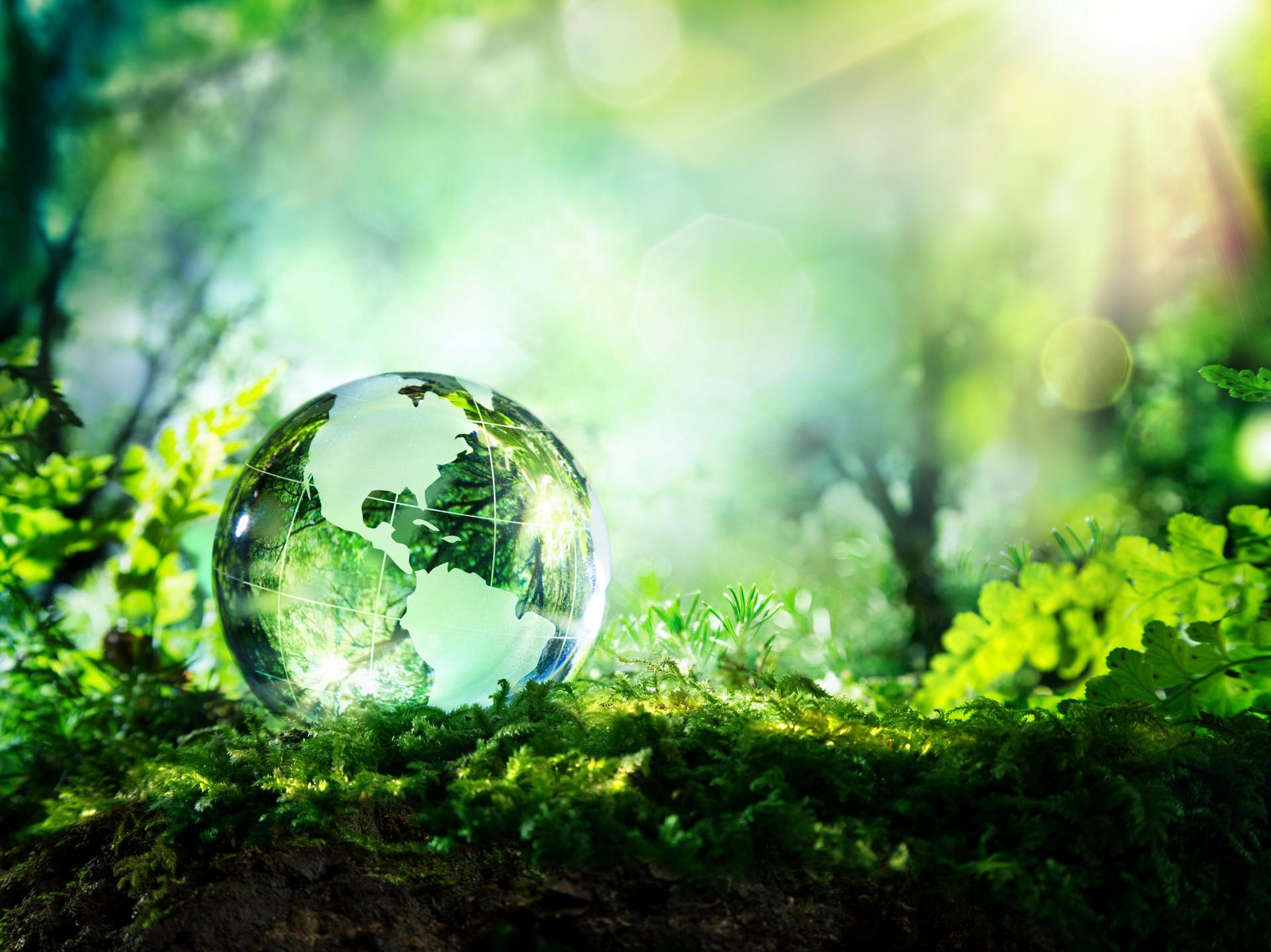Sustainable
In the same way as BioMar, Aker BioMarine is dedicated to sustainability. We guarantee that the krill used in Quick has been harvested in a responsible manner under strict scientific supervision.
Even though krill is a plentiful natural resource, it is a resource harvested in unspoiled, fragile nature where it plays a key role in the food chain.
Certified
BioMar and Aker BioMarine are significant supporters and sponsors of AWR, the Antarctic Wildlife Research Fund, which finances and promotes research to safeguard the Antarctic ecosystem.
All catches of krill are MSC certified, and the fishing vessels operated by Aker BioMarine in Antarctica have been specially designed to retain the high nutritional quality of the krill during processing on board.






?w=1920&%24withDefaultImage%24=&fmt=auto)





